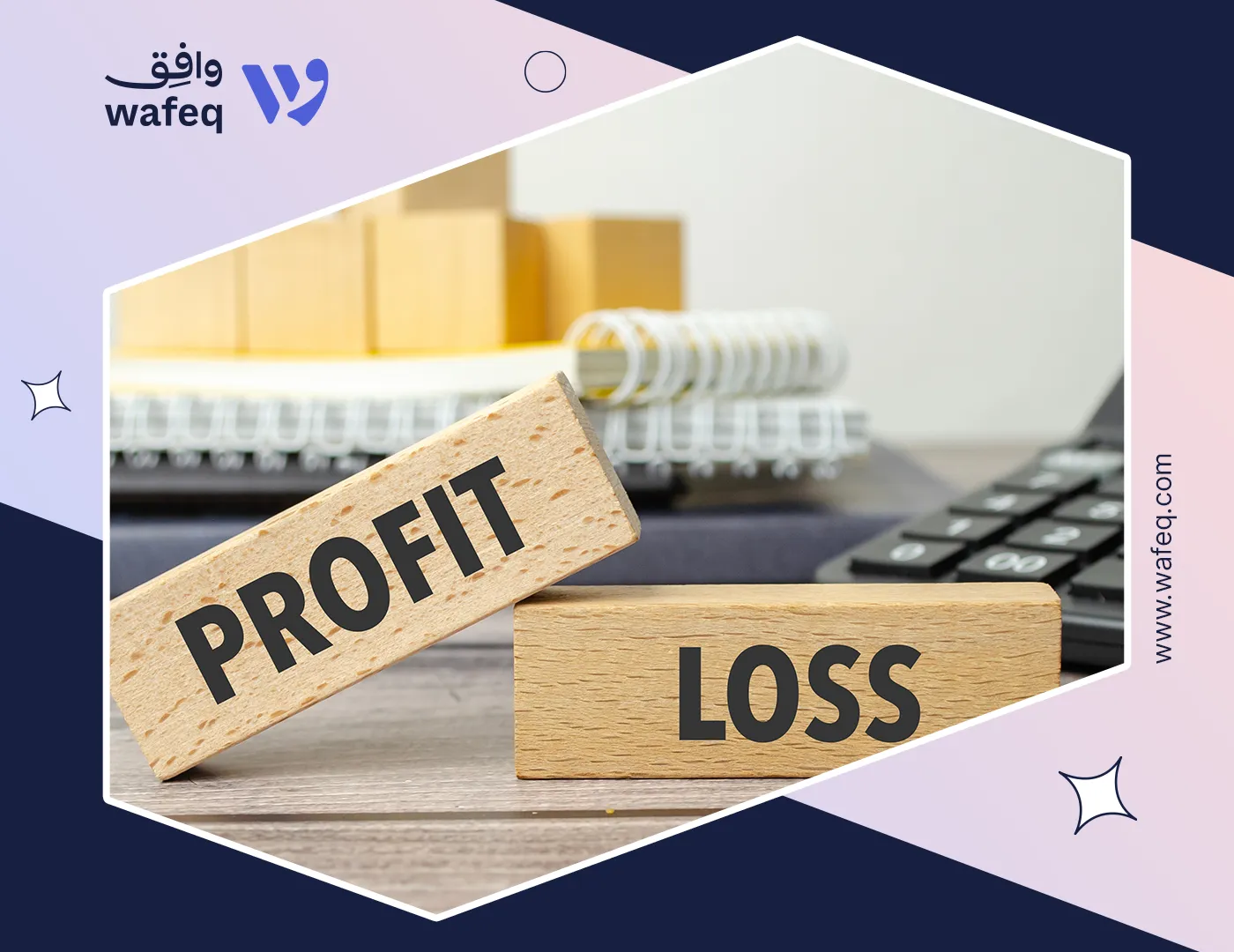Navigating Business Expenses: A Comprehensive Guide for Business Owners and Accountants

In the realm of business, understanding and effectively managing expenses is a cornerstone of financial success and stability. This holds true for business owners steering the course of their enterprises and for accountants who oversee and guide the financial trajectory of these businesses. Mastering business expenses not only helps in maintaining positive cash flow but also lays the foundation for strategic planning, budgeting, and forecasting.
Understanding Business Expenses
Business expenses refer to the costs incurred while conducting business operations. These costs are an essential part of running a business, with the ultimate goal of generating profits. They are necessary, ordinary, and directly tied to the activities of the business.
Business expenses can be broadly classified into three types:
Operating Expenses: These are the costs associated with the day-to-day operations of a business. They can include salaries, rent, utilities, marketing, and depreciation.
Capital Expenses: These are significant expenditures a company makes to either acquire or improve long-term assets such as property, equipment, or industrial buildings. These are typically more substantial, one-time purchases that have a useful life extending beyond the tax year.
Non-operating Expenses: These are the costs that are not linked directly to the core operations of the business. Examples include interest paid on loans and losses on the sale of long-term assets.
Ready to take control of your business expenses? Experience a smarter, simpler way to manage your finances with Wafeq. Start today!
Ready to take control of your business expenses? Experience a smarter, simpler way to manage your finances with Wafeq. Start today!
Categories of Business Expenses
Diving deeper into each category, we find that these expenses vary greatly depending on the nature of the business and its industry.
For example, a tech startup might have high operating expenses in the form of salaries for software engineers, expenses for server space, and costs associated with online marketing. On the other hand, a manufacturing company's operating expenses may revolve around the cost of raw materials, factory maintenance, and production wages.
Capital expenses also differ. A restaurant may have capital expenses in the form of kitchen equipment and renovation costs for the dining area, whereas a transportation company might incur these expenses when purchasing new vehicles or upgrading their fleet.
Finally, non-operating expenses are often tied to the way a business is financed. A company that has taken on significant debt might have high interest payments, while a business selling off an unused property could incur losses if the property's value has depreciated.
The ability to understand and categorize these expenses accurately allows businesses to maintain financial control and make more informed decisions.
Read more:
Tracking and Recording Expenses
Maintaining accurate and consistent records of all business expenses is crucial for various reasons. It allows for effective cash flow management, precise tax reporting, and informed decision-making about the business's financial future. Traditional methods involve manual bookkeeping, where all transactions are recorded in a ledger or an accounting book.
However, with the evolution of technology, businesses can now leverage digital accounting software. These tools automate much of the expense tracking process, making it easier to record and categorize expenses. They can also generate comprehensive financial reports, giving businesses insights into their spending patterns and financial health.
Tax Implications of Business Expenses
Understanding the tax implications of business expenses is equally important. Many business expenses can be deducted from the company's income, reducing the overall tax liability. These deductible expenses vary by jurisdiction but generally include costs like wages, rent, supplies, and depreciation.
However, certain expenses like fines and penalties or personal expenses are typically non-deductible. It's essential to keep updated on local tax regulations and consider consulting with a tax professional to ensure correct reporting and maximization of tax deductions.
Expense Management Strategies
Effectively managing business expenses involves more than just keeping records and understanding tax implications. It requires strategic planning and continual review. Here are a few strategies:
Budgeting: Creating a detailed budget that forecasts income and expenses can help businesses stay financially organized and prepared for the future. It allows them to plan for both expected and unexpected costs.
Investing in cost-effective technology: Embracing technology can often lead to cost savings in the long run. For instance, transitioning to cloud-based services can decrease the need for costly physical servers.
Regular reviews and audits: Regularly reviewing expenses can help businesses identify any unusual spending patterns or areas of potential savings. Periodic audits ensure the accuracy of financial records and help in detecting and preventing fraud.
Read more: The Top Accounting Software for Small and Medium-Sized Businesses.
The Role of Accountants in Expense Management
Accountants play a critical role in expense management. They bring to the table professional expertise in financial analysis, budgeting, and strategic planning, which can greatly assist business owners in managing their expenses.
Firstly, accountants can provide in-depth financial analysis. They can examine the expense patterns of a business and identify areas where costs can be reduced without affecting the quality of goods or services.
Secondly, accountants can assist in creating comprehensive budgets. They are able to forecast income and expenses based on historical data, economic trends, and business growth plans. This helps in developing a budget that reflects realistic financial targets and provides a roadmap for business expenditures.
Lastly, their strategic planning skills can help align financial goals with business objectives. They can advise on financial decisions like investments, expansions, or cost-cutting measures, ensuring that these align with the business's strategic goals.
Learn how to use Wafeq to record your expenses.
Conclusion
In conclusion, understanding and effectively managing business expenses is a vital aspect of running a successful enterprise. This process involves grasping the various types of expenses, maintaining accurate records, understanding tax implications, and developing strategic expense management plans. Accountants, with their expertise in financial matters, can offer invaluable assistance in managing business expenses, enabling the business to achieve financial stability and growth.
Business owners are encouraged to seek professional accounting advice to ensure their approach to expense management is tailored to their specific business needs and objectives. The management of expenses is not just about cost-cutting but about spending intelligently, investing wisely, and planning strategies to ensure a sustainable and prosperous future for the business.
Wafeq can revolutionize the way you manage your business expenses. Don't wait to make the change — start your journey to better financial management now.
Wafeq can revolutionize the way you manage your business expenses. Don't wait to make the change — start your journey to better financial management now.




.png?alt=media)








